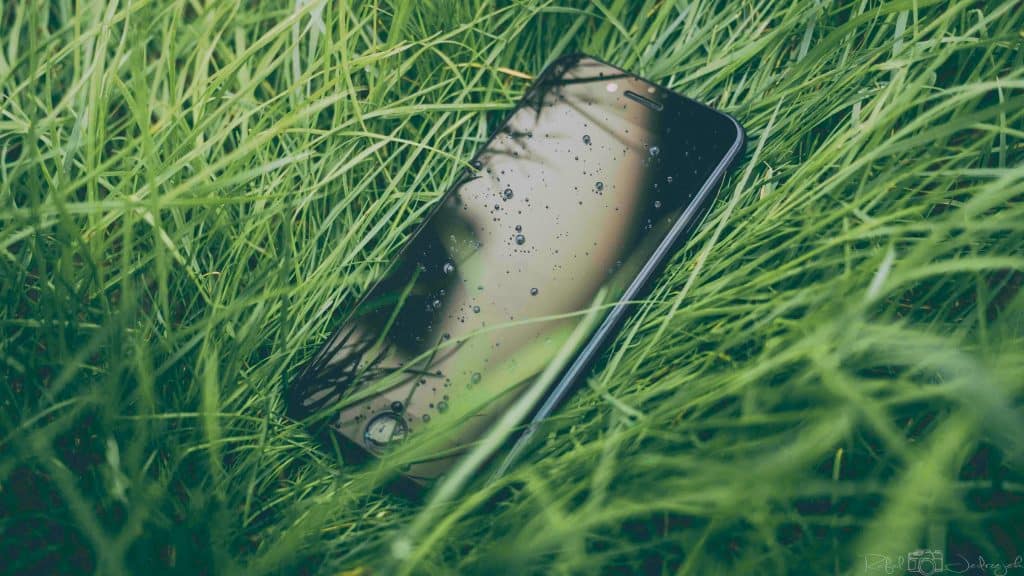Alongside its commitment to green energy, Apple has increasingly been extending its efforts into its own hands – creating greener products for consumers. Today, we take a closer look at what that means…
Apple’s new Macs
Apple’s new Macs are made from 100% recycled aluminum to give material from iPhones and iPads a second life.
Whilst standard recycled aluminum accumulates impurities each time it’s recycled, Apple painstakingly designed a new alloy that can be recycled over and over again without losing important qualities, effectively meaning that iPhones, iPads, and Macs can be recycled continuously with components being reused time and time again for new devices.
Greener iPhones
In its most recent devices such as the iPhone 11 Pro, Apple uses 100% recycled tin for the solder in the logic board, more than 40 components used in the devices are made from recycled plastic, and 100% of Apple packaging, whether an AirPods box or a MacBook box, is made from 100% recycled wood or wood from responsibly managed forests, helping to prevent deforestation.
What’s more, Apple continues to advance its forest protection efforts, and most recently, CEO Tim Cook promised that the company would donate money to “help preserve and restore” the Amazon forest across Latin America.
Energy consumption
Energy consumption is another big concern amongst environmentalists.
Energy used in our digital consumption now has a bigger impact on global warming than the aviation industry, but Apple products are 70% more energy efficient now than they were in 2008, and new innovations such as Dark Mode on iOS help to preserve battery life on OLED displays, as dark pixels can be turned off selectively on devices rather than lit up unnecessarily.
Build quality is also another consideration, and Apple is now designing products that can withstand years of use, like water resistance and strengthened glass to prevent cracks on the iPhone.
Repair and recycle
When the worst does happen, there are now more than 5,00 Apple-certified repair locations around the world, and Apple Trade-In allows users to exchange their old devices for credit, with those devices reused by new owners or recycled for parts for future Apple technology.
That’s without mentioning software, with iOS 13 supporting devices back to the iPhone 6S and SE, extending the life of older products and introducing advanced new functionality and security like Sign in with Apple that makes iPhones, iPads, and MacBooks a long-term investment, rather than disposable.
Green servers
In addition, all of Apple’s services, from iCloud storage and Apple Music to FaceTime and Apple TV+, are powered by renewable servers and encourage consumers to consume less physical content, like DVDs and game consoles which contribute to more unnecessary plastic waste.
Apple’s ecosystem is only getting more powerful, too, meaning more of the things we use and need every day can be stored on our smartphones.
The Measure app means we don’t need a tape measure, the Photos app means we don’t need to print out our pictures, and the Notes app means no more Post Its.
In the future, Apple users in the United Kingdom could even store their identity information and passports on their iPhones, unlocking more possibilities.
Stay tuned for more from AppleMagazine, every week.
